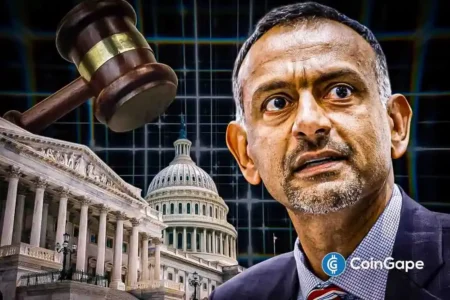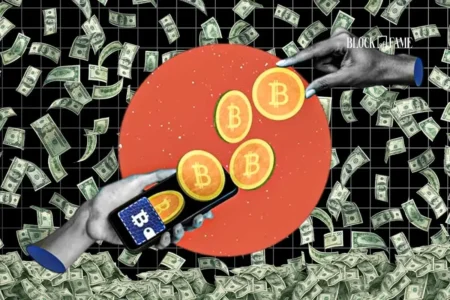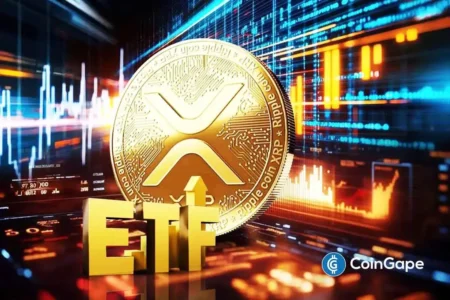Binance’s Controversial Connections with the Trump Family: A Business Decision or Political Maneuver?
In recent weeks, U.S. lawmakers have intensified scrutiny of the crypto exchange Binance, accusing it of fostering ties with Trump family projects, particularly focusing on the World Liberty Financial (WLFI) initiative and its native stablecoin, USD1. These allegations have emerged in the wake of a pardon issued to Binance’s founder, Changpeng Zhao (commonly known as CZ), by the Trump administration. Critics, including Senator Chris Murphy, have raised concerns about the implications of these connections, suggesting that political motivations may underlie Binance’s latest business actions.
Binance’s Response to Accusations
In light of the allegations, Binance has responded robustly, asserting that its decisions are purely business-focused and devoid of political intention. The exchange clarified its position with a statement addressing Senator Murphy’s comments, particularly highlighting the timing of their recent token listings. Just five days post-pardon, Binance US opened deposits for its newly minted stablecoin, USD1, which has faced heavy political scrutiny. The exchange emphasized that its core committee had thoroughly vetted the listing, asserting that both USD1 and WLFI are viable assets, already available on over twenty major exchanges, including well-known platforms like Coinbase and Kraken.
Senator Chris Murphy’s Claims
Senator Murphy’s assertions underscore the mounting suspicion around Binance and its operations. By framing Binance’s business decisions as politically charged, Murphy has evoked a strong narrative around corruption and political machinations within cryptocurrency circles. Murphy’s remarks came from an accusatory perspective, suggesting that Binance’s collaboration with Trump-related ventures raised concerns about potential conflicts of interest, particularly after the controversial pardon of CZ.
Legal Backlash and Defamation Claims
Amidst the miasma of allegations, Changpeng Zhao has decided to take legal action against Senator Elizabeth Warren, who previously made serious fraud allegations against him and his company. Zhao’s move to file a defamation suit signals the significant strain the scrutiny has placed on Binance. The crypto exchange has indicated that it is prepared to defend its reputation against what it perceives as unwarranted political attacks that overshadow its business operations.
WSJ Reports on Negotiations with Trump’s Allies
The Wall Street Journal has reported on alleged negotiations that took place surrounding the election period, involving Changpeng Zhao and representatives linked to Donald Trump. Discussions reportedly included a potential partnership with WLFI, raising eyebrows about the motivations behind such engagements. This speculation around a partnership has fueled rumors concerning CZ’s possible return to Binance, despite his assertions to the contrary.
Conclusion: Business Decision or Political Game?
As scrutiny of Binance grows amidst these allegations and revelations, the ongoing dialogue centers around the motivations behind its dealings with Trump-related projects. Binance insists that its decisions are made within a business context, aimed at expanding its offerings and complying with market demands. However, as lawmakers continue to voice their concerns, the question looms large: Are these corporate maneuvers dictated by economic strategy, or is there a deeper political agenda at play? The unfolding situation will undoubtedly attract continued attention, shaping the landscape of cryptocurrency in the U.S. and the interaction between politics and emerging financial technologies.
















